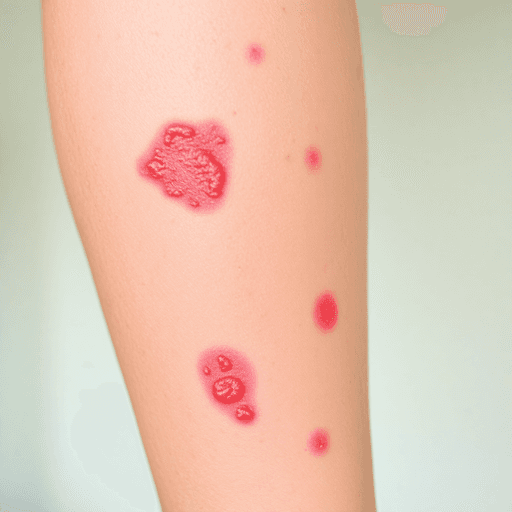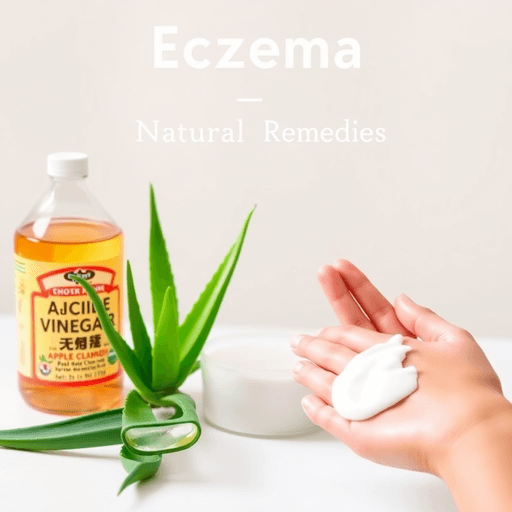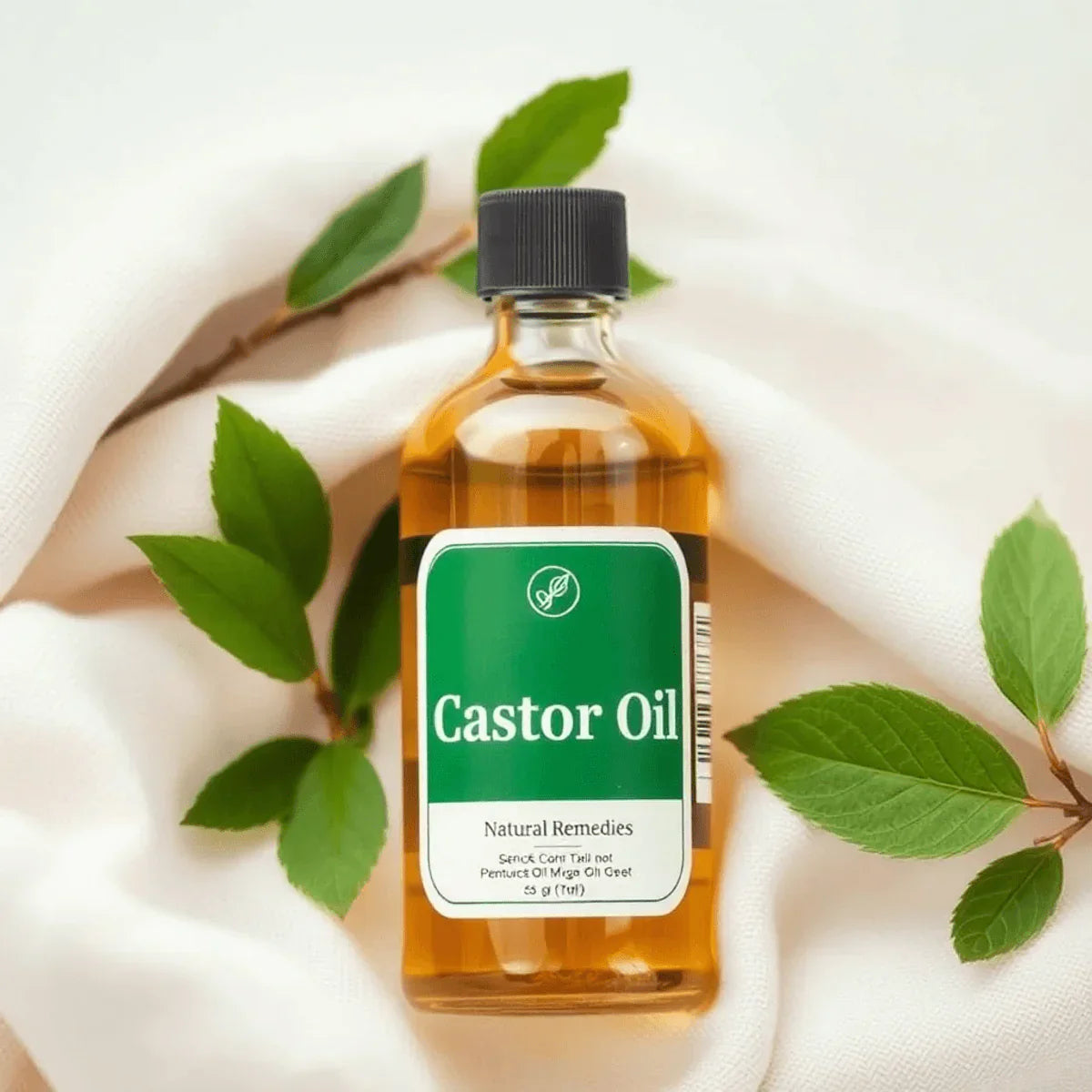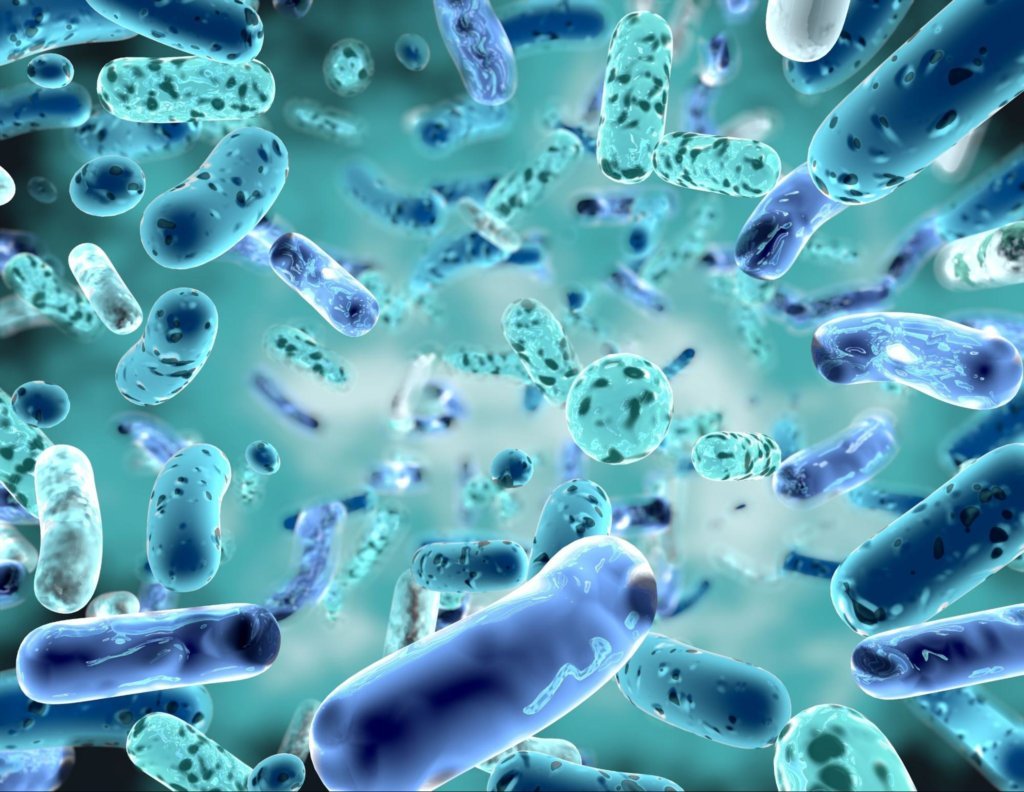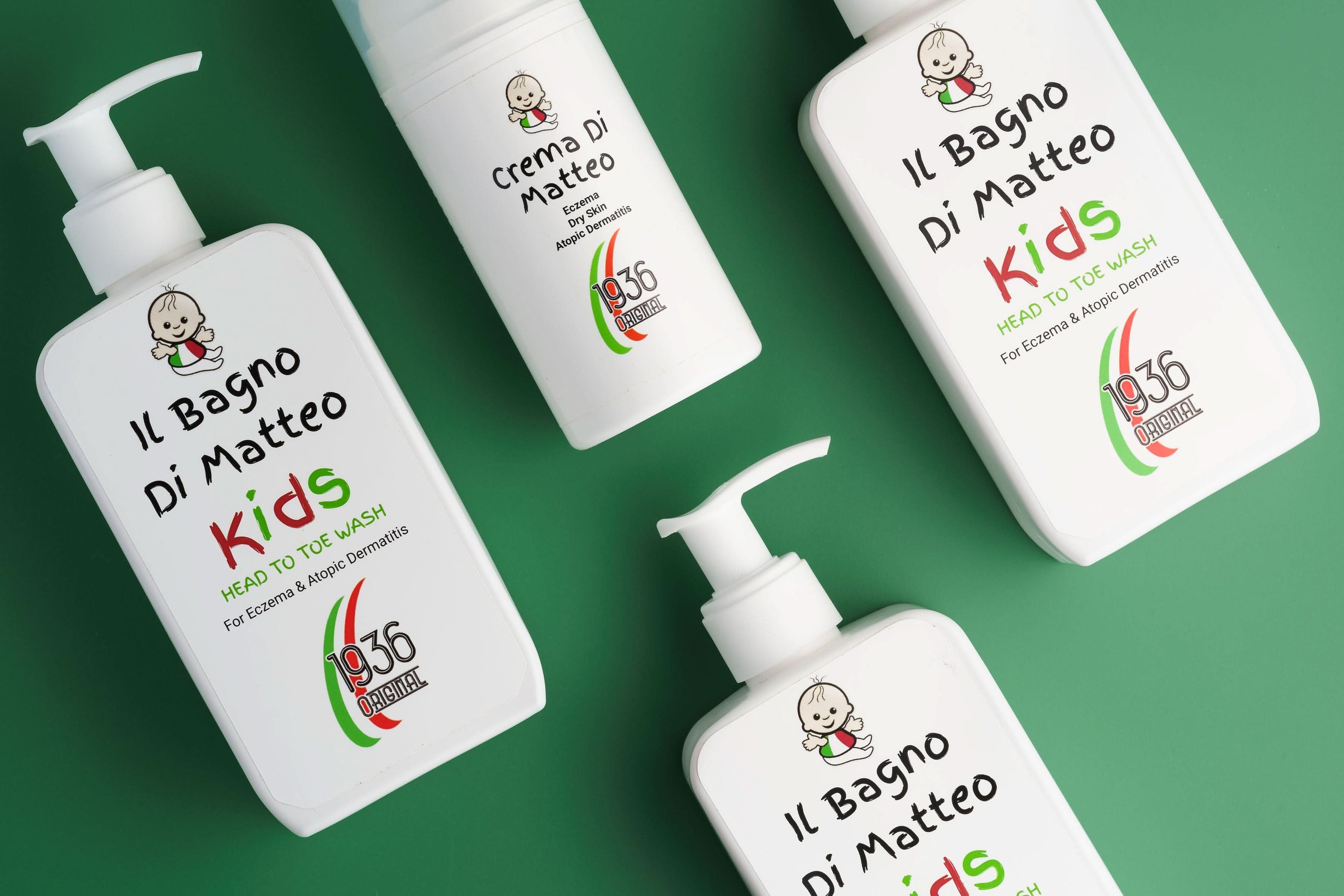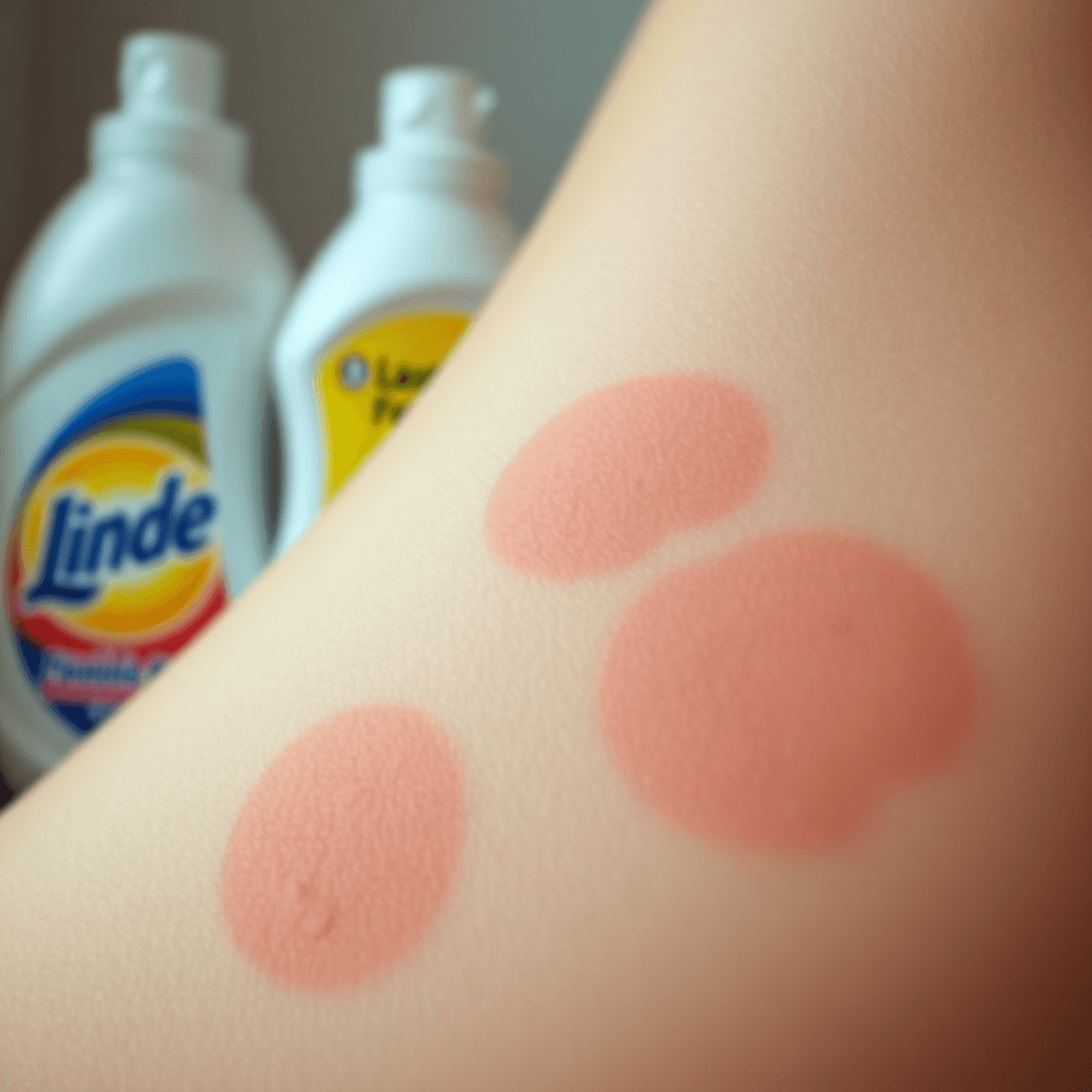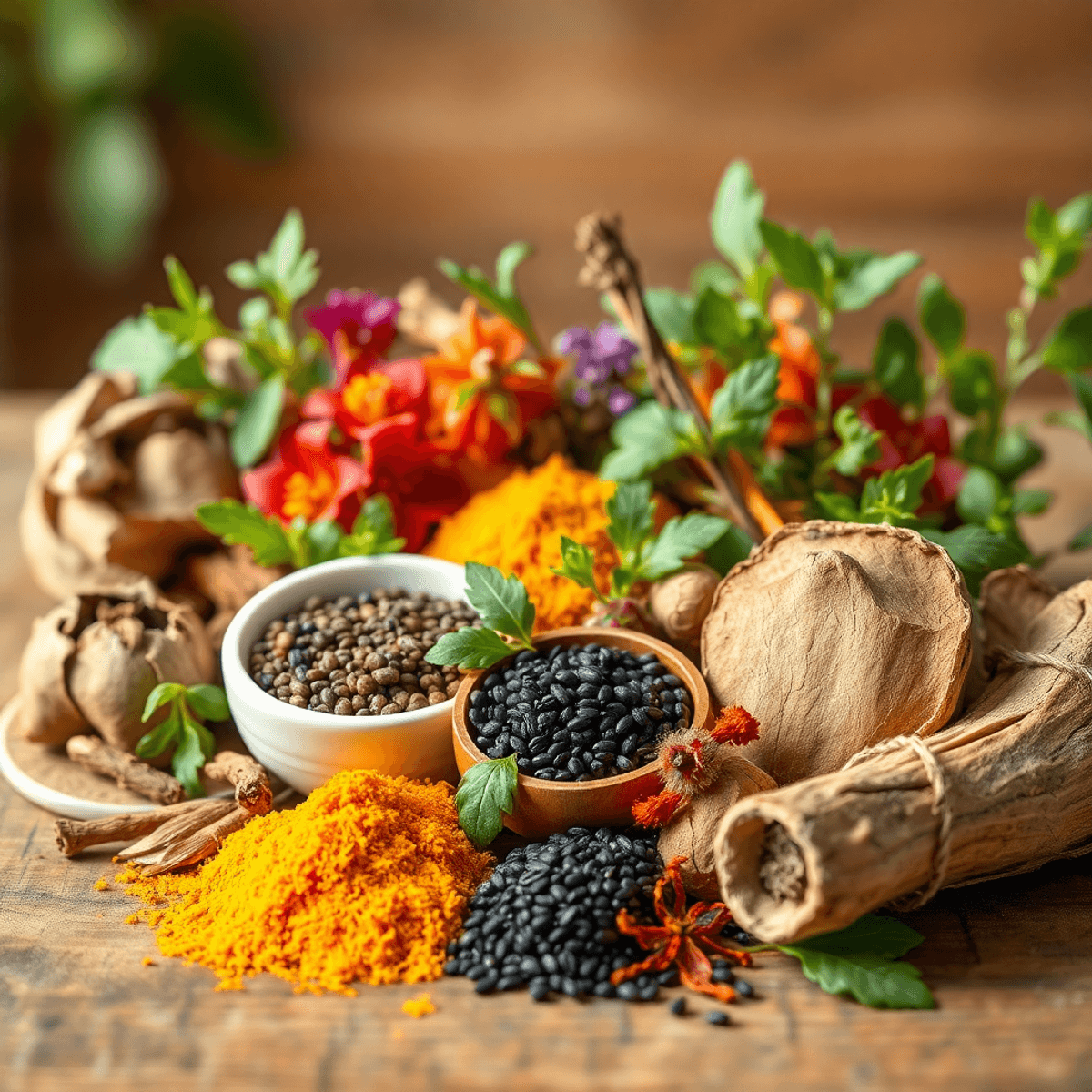Natural Treatments and Home Remedies for Eczema: Living With Eczema

Introduction
Living with eczema presents unique challenges that affect millions worldwide. This chronic skin condition causes red, itchy, and inflamed patches that can significantly impact daily activities, self-esteem, and quality of life.
In recent years, there has been a growing interest in natural treatments and home remedies for managing eczema. Many people are looking for gentler alternatives to traditional medications because they are concerned about long-term steroid use or prefer holistic approaches.
As someone who has lived with eczema for many years, I understand the frustration of trying different treatments without success. At first, I relied on conventional medications, but my breakthrough came when I discovered the effectiveness of natural remedies from sources like 1936 Original. One simple solution using apple cider vinegar completely transformed the dark patches around my neck, igniting my curiosity to explore more natural options.
This personal experience opened my eyes to a world of traditional remedies and natural treatments that have been passed down through generations - knowledge that's now becoming increasingly accessible through modern sharing platforms.
Understanding Eczema
Eczema is a chronic skin condition characterised by inflammation, redness, and intense itching. Your skin develops patches that become dry, scaly, and often painful, creating a persistent cycle of discomfort that affects daily activities.
Types of Eczema
- Atopic Dermatitis: The most common form, typically appearing in childhood. It creates red, itchy patches in areas like elbows, knees, and face. For more information on this condition, read about Atopic Eczema and Dermatitis.
- Contact Dermatitis: Triggered by direct contact with irritants or allergens, causing localised inflammation
- Dyshidrotic Eczema: Small, itchy blisters appearing on hands and feet
- Nummular Eczema: Circular patches of irritated skin, often triggered by dry winter air
- Seborrheic Dermatitis: Affects scalp and face, creating scaly patches and redness
Severity Levels
Mild Eczema
- Light patches of dry skin
- Occasional itching
- Minimal impact on daily activities
Moderate Eczema
- Frequent itching
- Redness and inflammation
- Sleep disruption
- Regular flare-ups
Severe Eczema
- Intense itching and pain
- Bleeding or oozing skin
- Significant impact on quality of life
- Frequent infections
Your eczema symptoms can shift between severity levels based on various factors, including stress, weather changes, and exposure to triggers. Each person's experience with eczema is unique - you might find certain areas of your body are more affected, or specific triggers cause worse reactions than others. Understanding your personal eczema pattern helps create an effective management strategy.
For managing eczema effectively, it's crucial to incorporate suitable products into your skincare routine. Using a body wash specifically designed for eczema can provide significant relief. These products often contain natural ingredients that help soothe the skin while effectively cleansing it.
Moreover, employing an eczema cream can also aid in managing the symptoms. Such creams are formulated to provide relief from atopic eczema, dermatitis, psoriasis, dry and itchy skin. They are suitable for all ages due to their natural formula.
A combination of these eczema treatment products could be an effective strategy in managing this condition.
Conventional Treatments for Eczema
Medical professionals typically prescribe several proven treatments to manage eczema symptoms. Topical corticosteroids, such as hydrocortisone cream, remain the primary treatment option. These medications work by reducing inflammation and calming the immune system's response, providing relief from itching and redness.
Different strengths of corticosteroids based on your symptoms:
- Mild hydrocortisone (0.5-1%) for mild flare-ups
- Moderate-strength steroids for persistent symptoms
- Potent corticosteroids for severe cases
Additional prescription treatments include:
- Topical calcineurin inhibitors (TCIs)
- Oral antihistamines for itch relief
- Antibiotics if infection is present
- Phototherapy for resistant cases
Many people find these conventional treatments effective, particularly during acute flare-ups. The success rate varies among individuals - what works brilliantly for one person might prove less effective for another.
You might consider exploring alternative approaches if:
- Your skin becomes resistant to conventional treatments
- You experience side effects from long-term steroid use
- The cost of prescription medications becomes prohibitive
- You prefer a more natural approach to managing your symptoms
In such cases, you may want to explore options like Aspirin Free Pain Relief Cream, which can provide relief from associated pain without the side effects of traditional pain relief methods.
The medical community recognises both the benefits and limitations of traditional eczema treatments. This understanding has led to increased interest in complementary approaches that can work alongside or instead of conventional methods.
Natural Treatments and Home Remedies for Eczema Management
Living with eczema doesn't mean you're limited to prescription medications. Natural treatments can offer relief from symptoms whilst supporting your skin's healing process. These remedies have gained popularity among eczema sufferers seeking gentler alternatives to conventional treatments.
Apple Cider Vinegar (ACV)
Apple cider vinegar stands out as a powerful natural remedy for eczema management. Its antimicrobial properties help combat skin infections, whilst its acidic nature helps balance skin pH levels.
Benefits of ACV for Eczema:
- Reduces inflammation and itching
- Helps maintain skin's natural pH balance
- Creates a protective barrier against harmful bacteria
- Supports the skin's natural healing process
Safe Application Guide:
- For Bath Soaks:Fill your bathtub with warm water
- Add 2 cups of apple cider vinegar
- Soak for 15-20 minutes
- Pat skin dry gently
- Apply your regular moisturiser
- For Direct Application:Mix 1 part ACV with 4 parts water
- Apply the diluted solution using a cotton ball
- Leave on for 3-5 minutes
- Rinse with cool water
- Follow with a moisturiser
Important Safety Notes:
- Always dilute ACV before applying to skin
- Perform a patch test before full application
- Stop use if irritation occurs
- Avoid applying to broken skin or open wounds
- Use raw, unfiltered ACV for best results
Many eczema sufferers report significant improvement in their symptoms after incorporating ACV into their skincare routine. The key lies in consistent application and proper dilution to prevent skin irritation.
Remember to start with a higher dilution ratio if you have sensitive skin, and gradually adjust the concentration based on your skin's response. You might need to experiment with different application methods to find what works best for your specific case.
In addition to these natural remedies, it's worth exploring other options such as natural pain relief creams which can provide effective relief from discomfort associated with eczema. These products are designed to offer lasting relief and improve overall well-being, making them a valuable addition to your skincare routine.
2. Olive Oil
Olive oil is a powerful natural moisturiser for eczema-prone skin. Its rich composition of vitamins A, D, E, and K creates a protective barrier that locks in moisture and reduces skin inflammation.
Key Benefits of Olive Oil for Eczema:
- Natural anti-inflammatory properties help calm irritated skin
- Deep moisturising effects combat dryness and flaking
- Rich in antioxidants that support skin healing
- Suitable for sensitive skin types
Application Methods:
- Direct Application
- Apply a thin layer of warm olive oil to damp skin
- Gently massage into affected areas
- Best used after bathing when skin is most receptive
- Oil-Based Moisturiser
- Mix equal parts olive oil with your regular moisturiser
- Apply twice daily to maintain skin hydration
- Perfect for dry, winter months
- Bath Addition
- Add 2-3 tablespoons to warm bath water
- Soak for 15-20 minutes
- Pat skin dry gently
Pro tip: Choose extra virgin olive oil for its purity and higher concentration of beneficial compounds. Test a small patch of skin first to ensure compatibility with your skin type.
3. Vitamin E Oil
Vitamin E oil stands out as a potent natural remedy for eczema, thanks to its rich antioxidant properties. This powerful oil helps reduce inflammation and supports skin cell regeneration, making it particularly effective for managing eczema flare-ups.
The anti-inflammatory properties of vitamin E oil work by:
- Neutralising free radicals that cause skin irritation
- Strengthening the skin barrier function
- Reducing itching and redness
- Supporting natural skin healing processes
You can apply vitamin E oil through several methods:
- Direct ApplicationApply 2-3 drops directly to affected areas
- Gently massage until absorbed
- Use twice daily for best results
- Carrier Oil BlendMix with jojoba or coconut oil (1:1 ratio)
- Apply the mixture to damp skin
- Perfect for sensitive skin types
- DIY Cream BaseAdd 5-10 drops to your regular moisturiser
- Create a personalised treatment
- Ideal for daily maintenance
For enhanced results, store your vitamin E oil in a dark, cool place to preserve its potency. Start with a patch test on a small area to ensure your skin responds well to the treatment.
4. Peppermint Soap
Commercial soaps often contain harsh chemicals, synthetic fragrances, and artificial colours that can trigger eczema flare-ups. These ingredients strip your skin's natural oils, leading to dryness and irritation.
Natural peppermint soap offers a gentler alternative with its skin-loving properties:
- Cooling Effect: The natural menthol in peppermint creates a soothing, cooling sensation that helps calm inflamed skin
- Anti-inflammatory: Peppermint's natural compounds reduce redness and irritation
- Gentle Cleansing: Natural soap bases, such as goat's milk or glycerin, maintain your skin's moisture barrier
- pH Balanced: Natural soaps typically match your skin's natural pH level, preventing further irritation
When selecting a peppermint soap, look for products with:
- Pure essential oils instead of artificial fragrances
- Natural moisturising ingredients like shea butter or coconut oil
- No artificial preservatives or synthetic detergents
- Cold-processed manufacturing methods
You can test the soap's suitability by applying it to a small patch of skin first. If you experience any discomfort, discontinue use and try a different natural soap variety.
Embracing the power of all-natural ingredients can significantly enhance your skincare routine. For instance, peppermint soap made from high-quality natural ingredients not only provides relief from skin irritations but also offers additional benefits such as muscle and joint pain relief.
The Role of Diet and Lifestyle in Eczema Management
Your diet plays a significant role in managing eczema symptoms. Research suggests certain foods can trigger flare-ups, while others might help reduce inflammation and soothe your skin.
Common food triggers include:
- Dairy products
- Eggs
- Soy products
- Gluten-containing foods
- Tree nuts
- Shellfish
Foods that may help reduce inflammation:
- Fatty fish rich in omega-3s
- Leafy green vegetables
- Colourful fruits
- Probiotic-rich foods
- Anti-inflammatory spices like turmeric
It's essential to approach dietary changes with caution. Consider keeping a food diary to track your symptoms and identify potential triggers. Work with a healthcare professional or registered dietitian before making significant changes to your diet.
Beyond food choices, lifestyle factors significantly impact eczema management:
Stress Management
- Practice regular meditation
- Try gentle yoga
- Maintain consistent sleep patterns
- Consider mindfulness techniques
Exercise Considerations
- Choose low-impact activities
- Shower immediately after sweating
- Wear loose, breathable clothing
- Stay hydrated during workouts
Remember that each person's eczema triggers are unique. Pay attention to how your body responds to different foods and activities. This self-awareness helps create an effective, personalised management strategy for your eczema symptoms.


